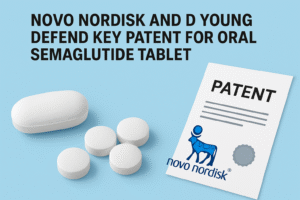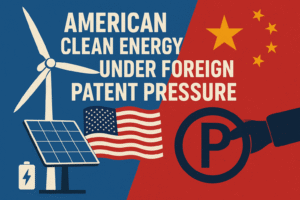A researcher from GITAM (Deemed to be) University, Visakhapatnam, has received a patent for developing an eco-friendly bioplastic made from dairy industry waste. The innovation promises a sustainable alternative to single-use plastic.
Dr. Rasheeda Khanam, a faculty member at the university, used ghee residue to create the new material. The residue, often discarded as waste, became the main raw material in her experiment. She combined it with natural additives like glycerol, beeswax, chitin, and zein protein to strengthen the product and improve water resistance.
The resulting bioplastic is biodegradable, non-toxic, and safe for food contact. It dissolves in water within 24 hours and decomposes in soil in just 20 to 30 days. Unlike conventional plastics, it leaves no harmful traces in the environment.
The product also resembles hydroxypropyl methylcellulose in structure. Once discarded, it can be converted into compost and used as fertilizer. The absence of synthetic chemicals makes it safer for both consumers and the environment. Interestingly, it contains phenolic compounds that act as natural preservatives for food items.
Dr. Rasheeda is currently testing the bioplastic for packaging dry foods like grains. She also plans to expand its applications to seafood and other commercial goods. Scaling up production is the next step to bring the innovation into the market.
Experts say the development marks a significant step in India’s fight against plastic pollution. By converting dairy waste into useful material, the project also supports waste management and circular economy initiatives.
The patent adds to India’s growing list of eco-friendly packaging solutions. Other research groups in the country have explored cow dung, agricultural waste, fungi, and seafood waste to produce biodegradable plastics. The Vizag project adds dairy waste to this list, offering yet another path toward sustainability.
With large-scale adoption, such innovations could reduce the dependency on petroleum-based plastics and pave the way for greener alternatives.





